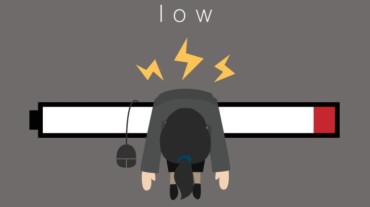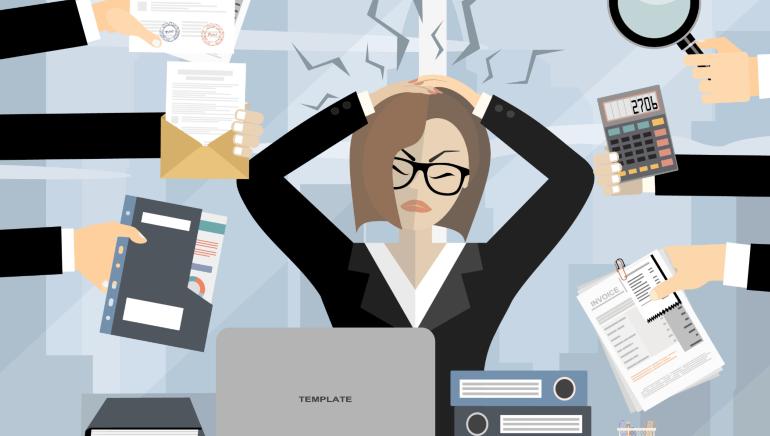This research claims that occupational burnout can cause heart arrhythmia and we're shocked!

- 64
Don’t feel like going to work because you feel drained out all the time? Is meeting the expectations of your boss and family becoming an unattainable task?. Then unfortunately my friend you have been hit by the burnout syndrome.
Burnout: An occupational phenomenon that can give you heart disease
A study published in the European Journal of Preventive Cardiology says that the burnout syndrome makes people feel excessively tired, devoid of energy, demoralized, and irritable–which may lead to the onset of a potentially deadly heart rhythm disturbance.

The author of this study, Dr Parveen K. Garg of the University of Southern California in Los Angeles says that, “It differs from depression, which is characterized by low mood, guilt, and poor self-esteem. The results of our study further establish the harm that can be caused in people who suffer from exhaustion that goes unchecked.”
Also, read: 3 alternative therapies for times when work stress gets too much to handle
Burnout is not just emotional–it has physical ramifications too
Taking too much stress at work? Then you might be inviting the risk of heart attack, stroke, and death suggests this study.
Also, read: Are you stressed or burnt out? This is how you can tell the difference
Burnout can hit you hard
The researchers in this study surveyed more than 11,000 individuals for the presence of vital exhaustion, anger, antidepressant use, and poor social support. They then followed them over a period of nearly 25 years for the development of atrial fibrillation.
Participants with the highest levels of vital exhaustion were at a 20% higher risk of developing atrial fibrillation as compared to those with little to no evidence of vital exhaustion.
But how does being exhausted trigger our body? Dr Garg explains…
“Vital exhaustion is associated with increased inflammation and heightened activation of the body’s physiological stress response,” says Dr Garg.
He added:
When these two things are chronically triggered that can have serious and damaging effects on the heart tissue, which could then eventually lead to the development of this arrhythmia.
“The findings for anger and social support are consistent with prior research but two previous studies did find a significant association between antidepressant use and an increased risk of atrial fibrillation. Clearly, more work still needs to be done,” he says.
Now that you have heard it from the experts, it’s time to revisit your work-life balance.
With inputs from ANI.
Get latest updates on health and wellness along with Health News








